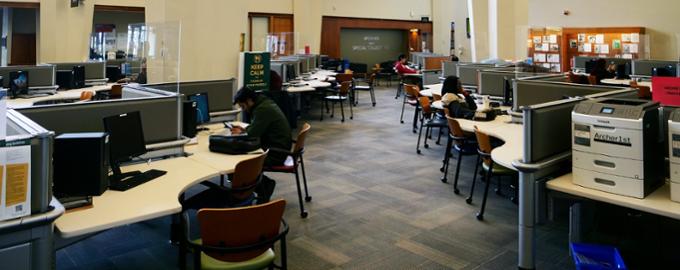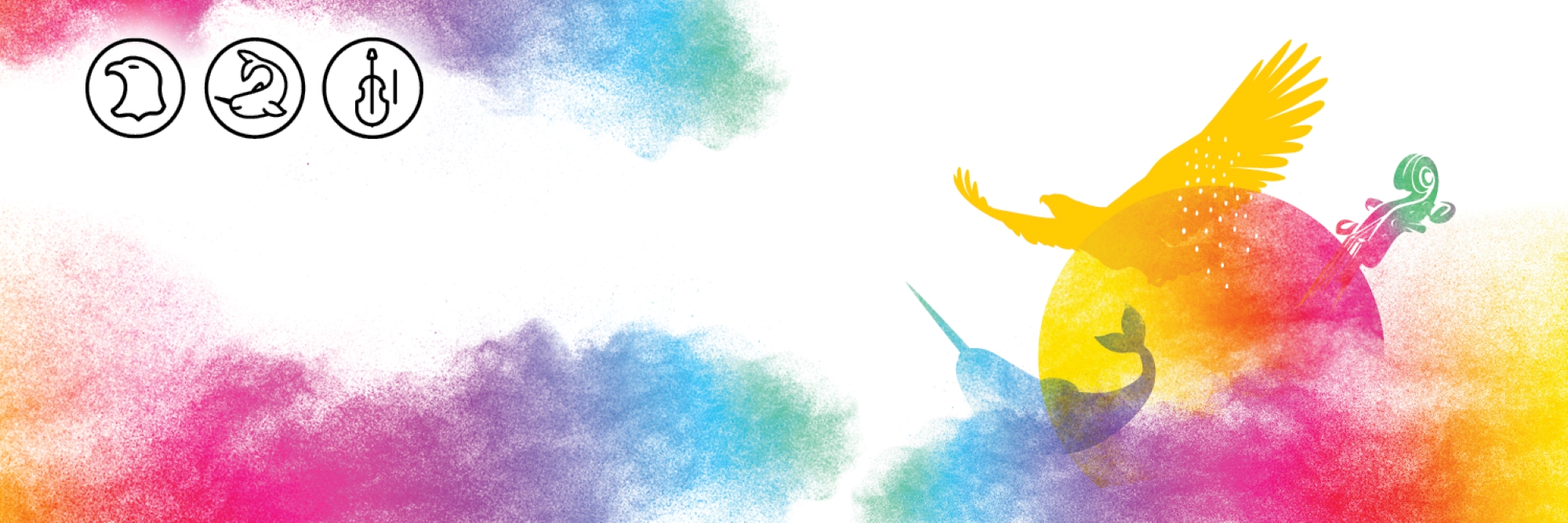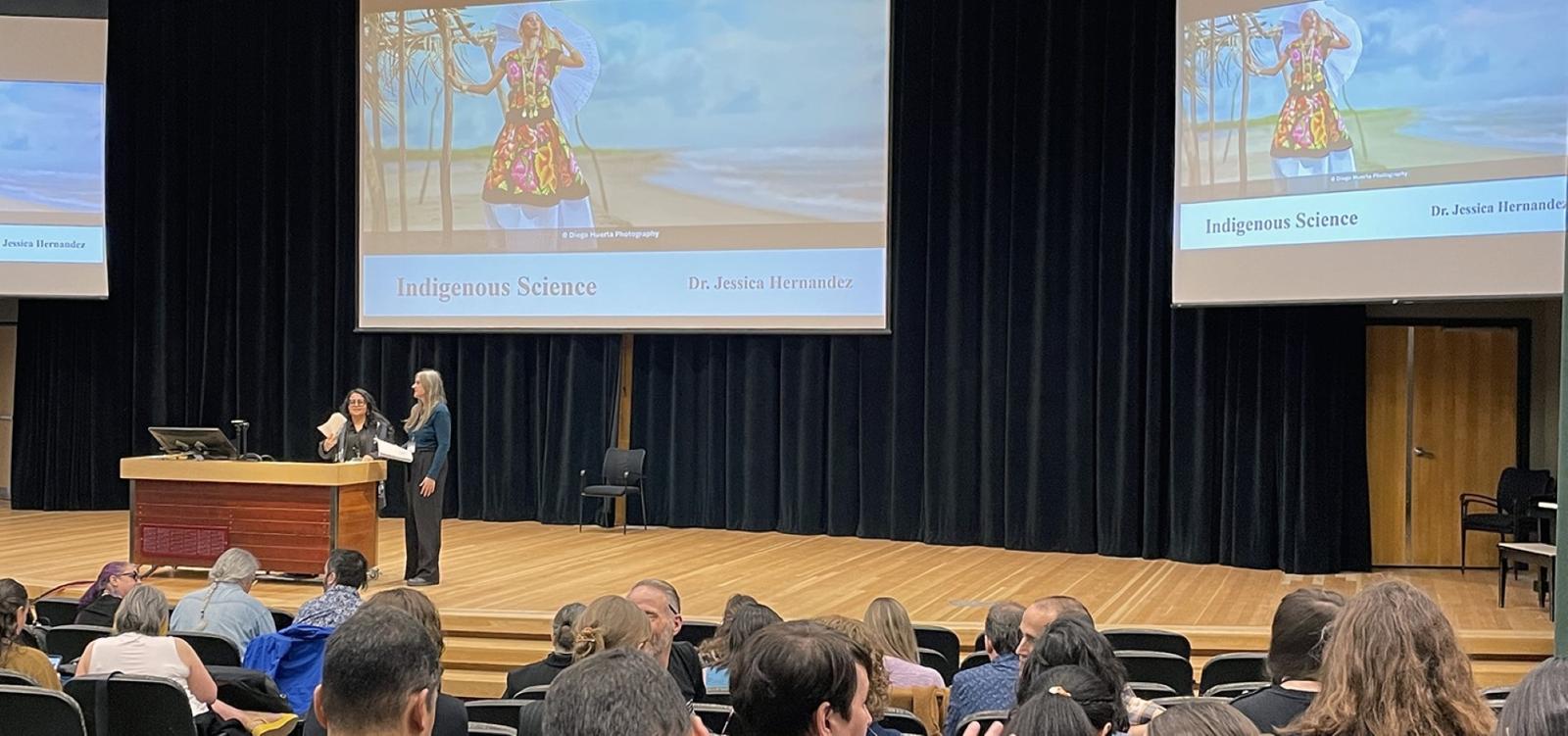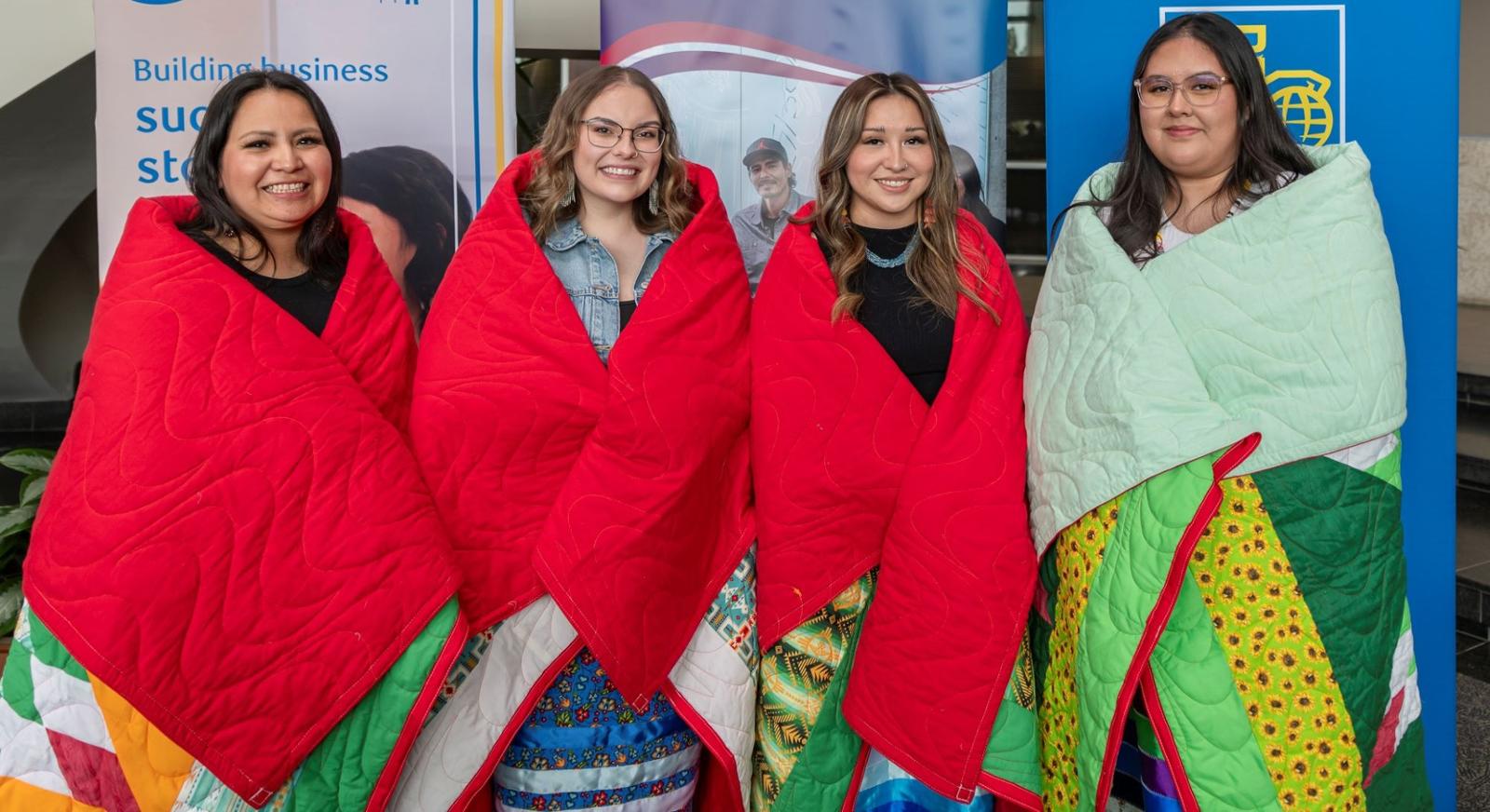February is Saskatchewan Aboriginal Storytelling Month, coordinated by the Library Services for Saskatchewan Aboriginal Peoples committee. Throughout the month, storytelling events have been held by libraries (including the Dr. John Archer Library at the U of R!) and their partners in communities around the province.
Addressing Call to Action #5
One of the goals of Saskatchewan Aboriginal Storytelling Month is to celebrate First Nations, Métis, and Inuit history, language, and culture. Since 2020, the Archer Library has been doing just that by working with the Saskatchewan Multitype Library Board (a Board appointed by the Saskatchewan Ministry of Education) on the Saskatchewan Indigenous Subject Headings Project – together they are modernizing terms in library catalogues related to Indigenous Peoples in Saskatchewan.
This project is a response to the Canadian Federation of Library Associations-Fédération canadienne des associations de bibliothèques call to action #5 in its Truth and Reconciliation Report and Recommendations that “libraries should strive to decolonize access and classification”.
The goal of the project was to work with Indigenous Peoples and groups in Saskatchewan to determine what terms are preferred and then translate those terms into subject headings to be used by all libraries in Saskatchewan, including public, post-secondary, school, and special libraries.
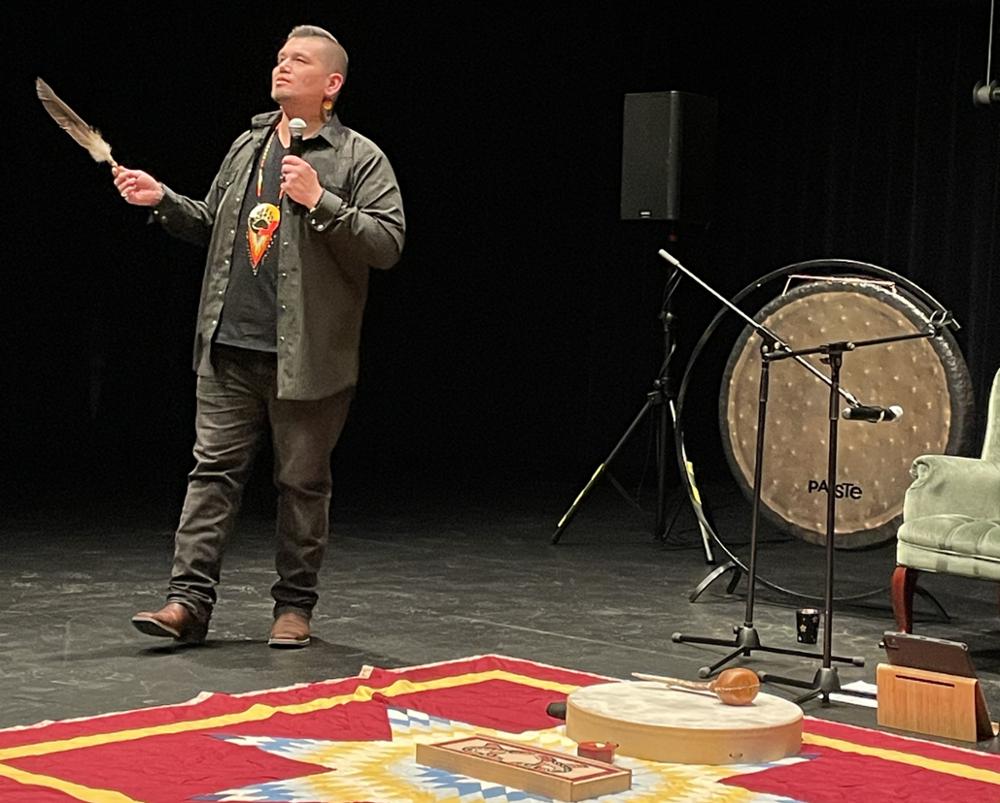
Dale Storie Associate Dean (Research) at the Dr. John Archer Library is also the Chair of the Multitype Library Board. He says that typically, library subject headings (descriptive language that people use to search) used in library catalogues make use of standardized wording developed by governing bodies such as the Library of Congress and Libraries and Archives Canada.
At issue, Storie says, is that those subject headings “… often don’t incorporate the terms that Saskatchewan Indigenous Peoples would use to describe places, group names, languages or cultural practices.” In addition, he says that several of the terms that are used can be or are found to be offensive.
A technical advisory group was created, comprised of Saskatchewan library-cataloguing staff to work on the actual subject headings and updates. Barbara Nelke, Head, Library Technical Services and Collections at the Archer Library, is a founding member of the technical advisory group. An outreach advisory group was also created, made up of Saskatchewan Indigenous library staff to help plan and guide the engagement sessions.
Indigenous perspectives matter
The engagement sessions began back in October 2022 with a traditional pipe ceremony. In the sessions, the outreach advisory group sought input from Saskatchewan Indigenous language groups, which included: Dakota; Lakota; Nakota; Denesuline; Michif; Nakawe, Anishinaabe; and, Woodland, Swampy, and Plains Cree perspectives.
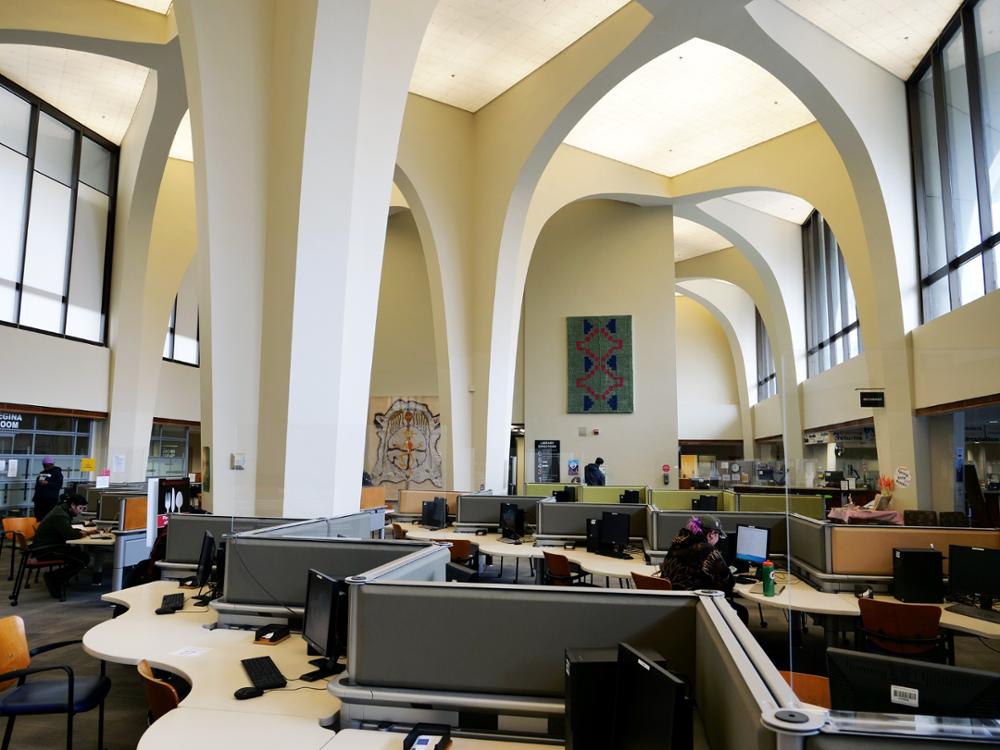
Once the first round of engagement sessions were complete, the technical advisory group took the topics and terms that were discussed and linked them to existing Library of Congress subject headings, where possible. The group then made recommendations for possible subject heading replacements and enhancements based on the terminology used in the engagement sessions.
The Archer Library has so many of its services online now, and we want to ensure that our online presence is just as welcoming to Indigenous students and researchers as our physical buildings. — Dale Storie, Associate Dean (Research), Dr. John Archer Library.
That led to a second round of engagement sessions in March 2023 to vet the preliminary subject headings with the Saskatchewan Indigenous language groups. In June 2023, a traditional pipe ceremony was held to open up the next phase of the project – the implementation.
Throughout the engagement sessions and the entire project there has been guidance from Indigenous community members, Elders, Knowledge Keepers, Old Ones, library staff, and provincial Ministry of Education staff.
The technical advisory group then created a spreadsheet, available on the Multitype Library Board’s website, as well as an implementation guide to help libraries get started with updating their subject headings.
Inclusive and welcoming
Today, the Saskatchewan Indigenous Subject Headings Project continues as libraries work to update their subject headings. Here at the U of R, a team of staff members from the Archer Library and Archives are implementing these changes at the University of Regina and its federated colleges.
Storie says that the Quick Find search engine is the first thing that a lot of students use to find information, and it’s important for that system to be inclusive and to incorporate Indigenous terms and languages.
Find out more about the Dr. John Archer Library and Archives and the role of the Inclusive Language Team here at the U of R.
“One of the themes in the Indigenous Engagement Strategic Plan is ‘Spaces and Places,’ and it’s all about promoting and facilitating welcoming and inclusive cultural spaces within the University,” says Storie. “The Archer Library has so many of its services online now, and we want to ensure that our online presence is just as welcoming to Indigenous students and researchers as our physical buildings.”
Banner photo credit: University Communications and Marketing.
About the University of Regina
2024 marks our 50th anniversary as an independent University (although our roots as Regina College date back more than a century!). As we celebrate our past, we work towards a future that is as limitless as the prairie horizon. We support the health and well-being of our 16,700 students and provide them with hands-on learning opportunities to develop career-ready graduates. Our research enterprise has grown to include 21 research centres and 12 Canada Research Chairs and brings in more than $51.2 million in funding annually. Our campuses are on Treaties 4 and 6 - the territories of the nêhiyawak, Anihšināpēk, Dakota, Lakota, and Nakoda peoples, and the homeland of the Michif/Métis nation. We seek to grow our relationships with Indigenous communities to build a more inclusive future.
Let’s go far, together.
